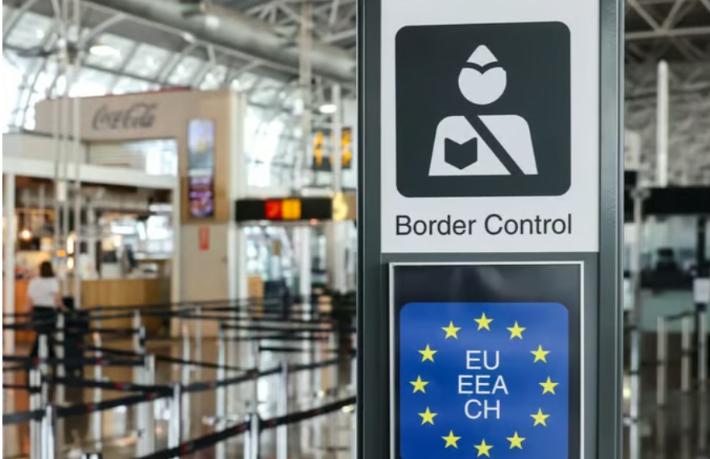
Europe is closing its doors to Russian tourists
16.09.2025
The European Union is preparing to further tighten its visa policy for Russian citizens following Russia's invasion of Ukraine, amid pressure from member states on its eastern border.
The European Commission will recommend stricter criteria for issuing visas to citizens of Russia and other "enemy countries" in new guidelines to be published by the end of the year. Poland, the Czech Republic, Finland, Latvia, Estonia, and Lithuania have largely halted Russian tourist visas, while France, Spain, Italy, and Hungary are being more flexible.
More than half a million Russian citizens will receive Schengen visas in 2024, far below the 4 million in 2019. Russian oppositionists are calling on the EU not to "weaponize tourist visas," with Yulia Navalnaya urging them to "distinguish the regime from ordinary Russians."
European Commission officials announced that the new EU strategy, to be published in December, will set common criteria for issuing visas to Russian citizens. While the Commission cannot make directly binding decisions, it will ask members to implement stricter policies.
The Baltic countries and Poland, which share a border with Russia, have long been pressuring Brussels in this direction. Latvian Foreign Minister Baiba Braže welcomed the new guidelines, saying, "A consistent and common approach must be ensured within the EU."
Current practices vary.
The EU cancelled its visa facilitation agreement with Russia in 2022, making the application process both longer and more expensive. However, because visa issuance authority rests with national governments, practices vary across countries: Poland, the Czech Republic, Finland, Estonia, Latvia, and Lithuania have all or largely suspended Russian tourist visas. France, Spain, Italy, and Hungary are pursuing more liberal policies.
According to European Commission data, more than 500,000 Russian citizens received Schengen visas in 2024. While this figure is up from 2023, it is still well below the pre-war level of 4 million in 2019. Opposition warns of "collective punishment"
While the idea of a complete ban on Russian tourist visas is being discussed within the EU, Russian opposition figures warn that this step will "harm ordinary people." Yulia Navalnaya, wife of Russian opposition leader Alexei Navalny, recently sent a letter to EU High Representative for Foreign Policy Kaja Kallas, urging her to "separate the responsibility of the regime from the lives of ordinary Russians."
Navalnaya suggested targeting sanctions not against tourists but against "oligarchs, security officials, propagandists, and other supporters of the regime." According to information from Brussels, the new roadmap, to be announced in December, will be non-binding but will serve as a guide for the countries' common security approach. The document will specifically highlight "increasing security risks."
This will, for the first time, create a comprehensive framework for the "common visa policy vis-à-vis Russia," a long-standing topic of debate within the EU.
